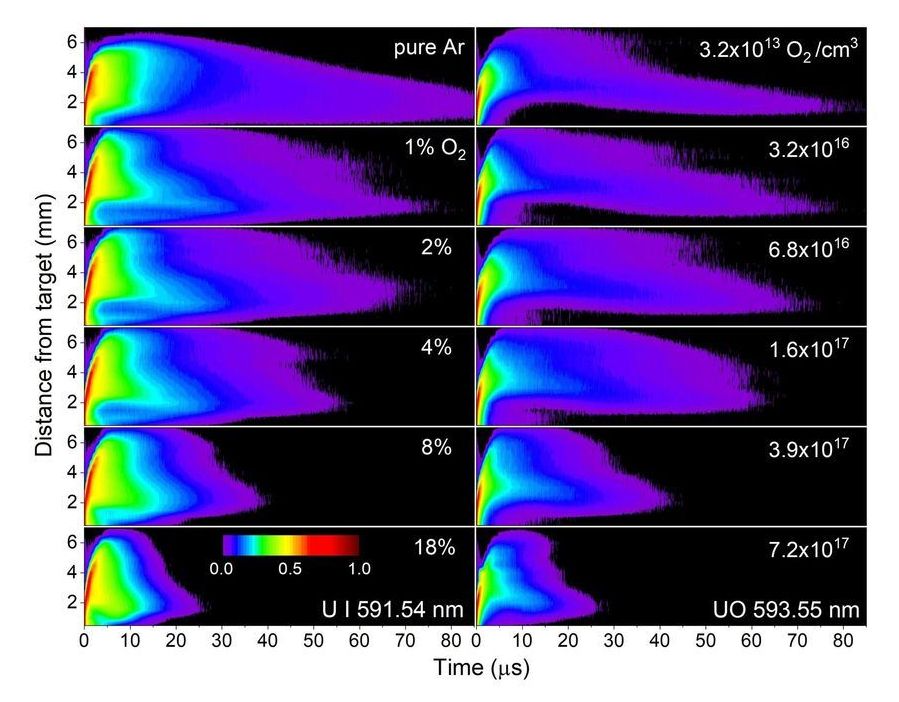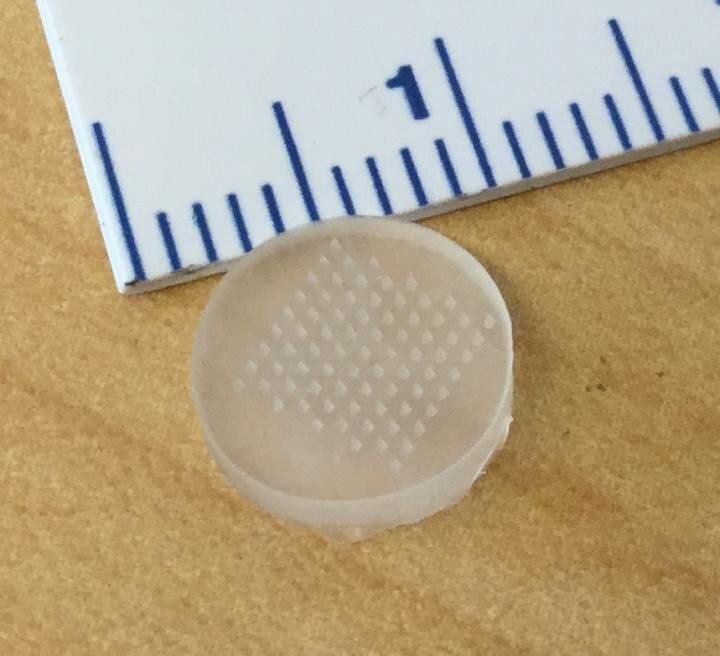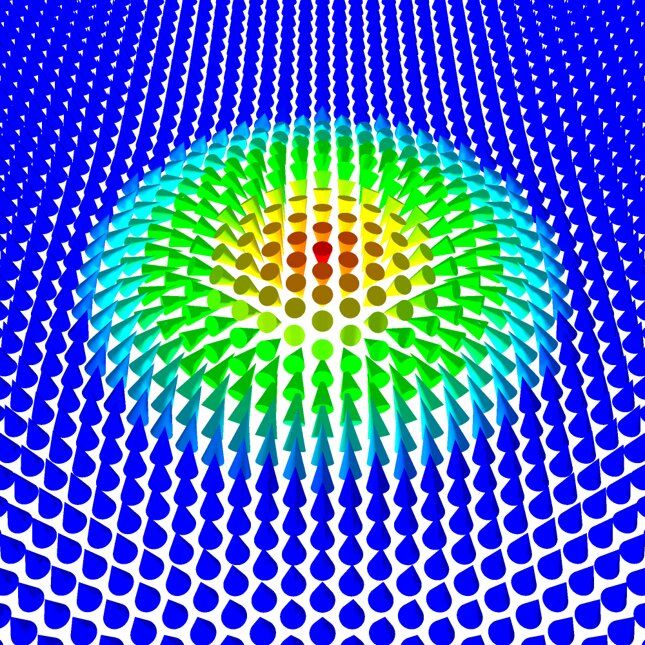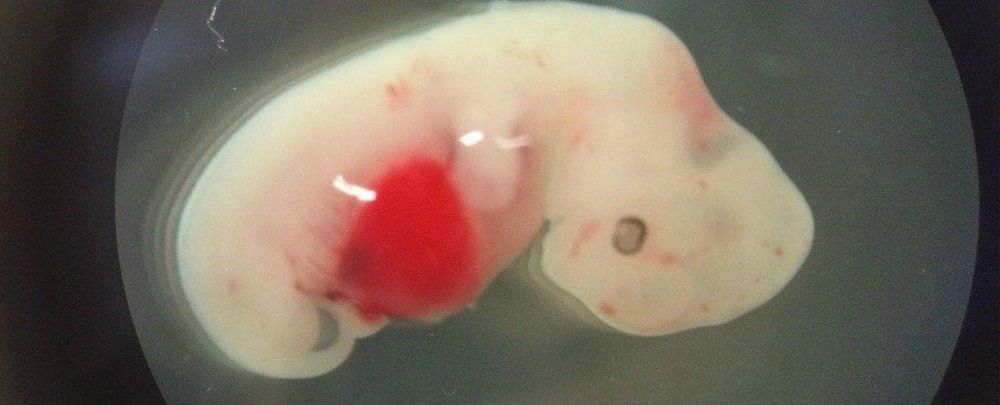What should you chose to get the best pain relief? StemCures in Cincinnati.
Get the latest international news and world events from around the world.

An enzymatic pathway in the human gut microbiome that converts A to universal O type blood
Science has officially broadened the blood supply:
Access to efficient enzymes that can convert A and B type red blood cells to ‘universal’ donor O would greatly increase the supply of blood for transfusions. Here we report the functional metagenomic screening of the human gut microbiome for enzymes that can remove the cognate A and B type sugar antigens. Among the genes encoded in our library of 19,500 expressed fosmids bearing gut bacterial DNA, we identify an enzyme pair from the obligate anaerobe Flavonifractor plautii that work in concert to efficiently convert the A antigen to the H antigen of O type blood, via a galactosamine intermediate. The X-ray structure of the N-acetylgalactosamine deacetylase reveals the active site and mechanism of the founding member of an esterase family. The galactosaminidase expands activities within the CAZy family GH36. Their ability to completely convert A to O of the same rhesus type at very low enzyme concentrations in whole blood will simplify their incorporation into blood transfusion practice, broadening blood supply.

Laser-produced uranium plasma evolves into more complex species
When energy is added to uranium under pressure, it creates a shock wave, and even a tiny sample will be vaporized like a small explosion. By using smaller, controlled explosions, physicists can test on a microscale in a safe laboratory environment what could previously be tested only in larger, more dangerous experiments with bombs.
“In our case, it’s the laser depositing energy into a target, but you get the same formation and time-dependent evolution of uranium plasma,” author Patrick Skrodzki said. “With these small-scale explosions in the lab, we can understand similar physics.”
In a recent experiment, scientists working with Skrodzki used a laser to ablate atomic uranium, stealing its electrons until it ionized and turned to plasma, all while recording chemical reactions as the plasma cooled, oxidized and formed species of more complex uranium. Their work puts uranium species and the reaction pathways between them onto a map of space and time to discover how many nanoseconds they take to form and at which part of the plasma’s evolution.

Volocopter gets safety nod in push for air taxis of the future
How far off are we from hopping on and off air taxis as a familiar local mode of transport? Eyes this week were fixed on one company aggressively keeping up its bit to open commercial routes and bring this type of mobility to life.
Volocopter on Wednesday presented its latest air taxi design, dubbed VoloCity. The machine can accommodate two people and hand luggage.
Ben Sampson, Aerospace Testing International, noted that this is actually the fourth electrical take-off and landing aircraft (eVTOL) iteration but “the first that meets the new European Aviation Safety Agency standards.”

Skin patch could painlessly deliver vaccines, cancer medications in one minute
Melanoma is a deadly form of skin cancer that has been increasing in the U.S. for the past 30 years. Nearly 100,000 new cases of melanoma are diagnosed every year, and 20 Americans die every day from it, according to the American Academy of Dermatology. Now, researchers have developed a fast-acting skin patch that efficiently delivers medication to attack melanoma cells. The device, tested in mice and human skin samples, is an advance toward developing a vaccine to treat melanoma and has widespread applications for other vaccines.
The researchers will present their findings today at the American Chemical Society (ACS) Fall 2019 National Meeting and Exposition.
“Our patch has a unique chemical coating and mode of action that allows it to be applied and removed from the skin in just a minute while still delivering a therapeutic dose of drugs,” says Yanpu He, a graduate student who helped develop the device. “Our patches elicit a robust antibody response in living mice and show promise in eliciting a strong immune response in human skin.”

Researchers observe spontaneous occurrence of skyrmions in atomically thin cobalt films
Since their experimental discovery, magnetic skyrmions—tiny magnetic knots—have moved into the focus of research. Scientists from Hamburg and Kiel have now been able to show that individual magnetic skyrmions with a diameter of only a few nanometers can be stabilized in magnetic metal films even without an external magnetic field. They report on their discovery in the journal Nature Communications.
The existence of magnetic skyrmions as particle-like objects was predicted 30 years ago by theoretical physicists, but could only be proven experimentally in 2013. Skyrmions with a diameter from micrometers to a few nanometers were discovered in different magnetic material systems. Although they can be generated on a surface of a few atoms and manipulated with electric currents, they show a high stability against external influences. This makes them potential candidates for future data storage or logic devices. In order to be competitive for technological applications, however, skyrmions must not only be very small, but also stable without an applied magnetic field.
Researchers at the universities of Hamburg and Kiel have now taken an important step in this direction. On the basis of quantum mechanical numerical calculations carried out on the supercomputers of the North-German Supercomputing Alliance (HLRN), the physicists from Kiel were able to predict that individual skyrmions with a diameter of only a few nanometers would appear in an atomically thin, ferromagnetic cobalt film (see Fig. 1). “The stability of the magnetic knots in these films is due to an unusual competition between different magnetic interactions,” says Sebastian Meyer, Ph.D. student in Prof. Stefan Heinze’s research group at the Kiel University.

Japan Approves Groundbreaking Experiment Bringing Human-Animal Hybrids to Term
Stem cell biologist Hiromitsu Nakauchi has been waiting for this moment for more than a decade.
After years of planning, the persistent researcher has at last received approval from a government willing to pursue one of the most controversial scientific studies there is: human-animal embryo experiments.
While many countries around the world have restricted, defunded or outright banned these ethically-fraught practices, Japan has now officially lifted the lid on this proverbial Pandora’s box. Earlier this year, the country made it legal to not only transplant hybrid embryos into surrogate animals, but also to bring them to term.

Meet the XQ-58 Valkyrie: Is This Stealth Drone the Future of the U.S. Air Force?
While the Valkyrie program develops one type of wingman drone, the broader Skyborg program is working on the hardware and software for integrating manned and unmanned fighters.
The U.S. Air Force’s future drone fighter is back in the air.
The XQ-58 Valkyrie on June 11, 2019 took off for its second test flight over Yuma, Arizona. The 29-feet-long, jet-powered drone “successfully completed all test objectives during a 71-minute flight,” the Air Force Research Laboratory announced.
Hubble Celebrates Spitzer’s 16th Birthday
To celebrate NASA’s Spitzer Space Telescope’s 16th birthday, the Hubble Space Telescope team decided to put together a special present for their fellow “observing buddy.”
Hubble and Spitzer have observed many of the same astronomical objects over the years; and with Spitzer getting data from infrared, and Hubble getting data from visible, ultraviolet, and some near-infrared, the two telescopes have helped uncover some of the mysteries of the universe.
For more information, visit nasa.gov/hubble.
Michael Greve at Ending Age-Related Diseases 2019
At Ending Age-Related Diseases, Michael Greve discussed the Forever Healthy Foundation and its Rejuvenation Now initiative along with the current state of rejuvenation biotechnology, including companies and therapies, and a direction for the future of this emerging industry.
See Forever Healthy’s Rejuvenation Now initiative at https://forever-healthy.org/en/initiatives/rejuvenation-now/
►Subscribe for more: https://www.youtube.com/user/LifespanIO?sub_confirmation=1
►This video is presented by LEAF. Please support our work by becoming a Lifespan Hero: http://lifespan.io/hero
#Rejuvenation #Biotechnology #EARD2019